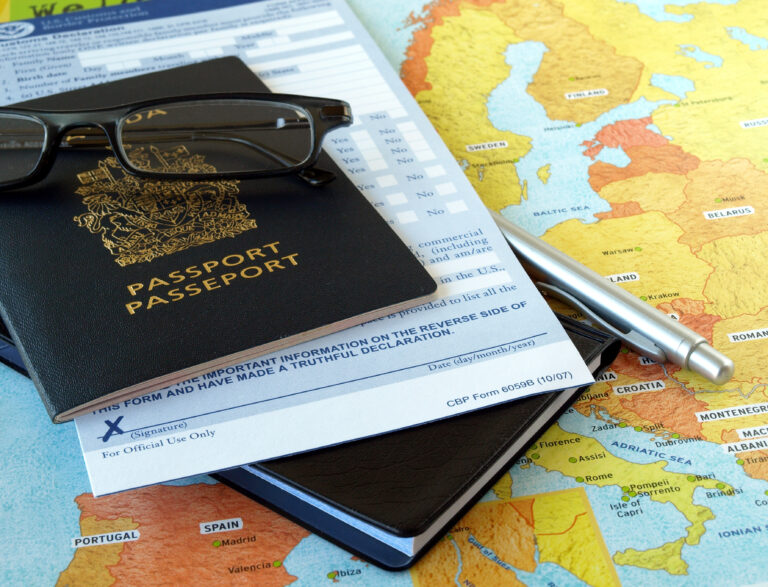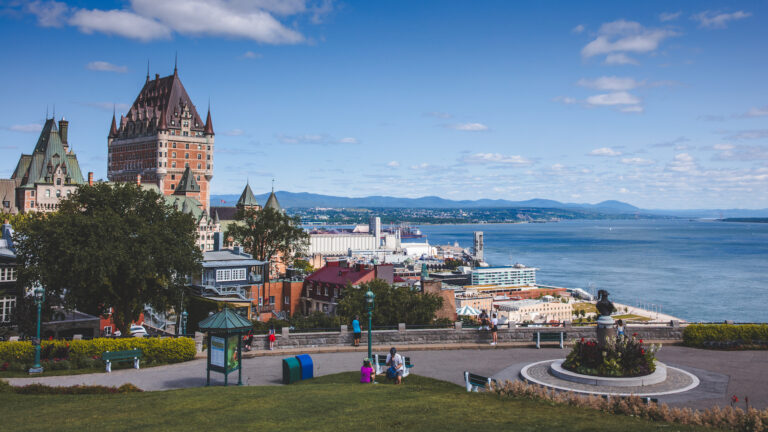Ontario has issued 839 Canada immigration invitations after conducting two new Expression of Interest draws through the Ontario Immigrant Nominee Program Masters Graduate and PhD Graduate streams.
The draws were conducted on August 1, 2023.
For the Masters Graduate draw, 755 candidates were invited, requiring a score of 48 or above.
In the PhD Graduate draw, the minimum score was 39 and 84 invitations were issued.
For both draws, candidates needed to have submitted their profile on or after November 22, 2022.
Meanwhile, a targeted draw for the Economic Mobility Pathways Project through the Employer Job Offer: Foreign Worker stream saw one candidate invited.
Full requirements for all the mentioned streams are included further down this article.
Masters Graduate Stream Expression of Interest Draw
| Date issued | Number of invitations issued | Date profiles created | Score range | Notes |
| 01-08-23 | 755 | November 22, 2022 – August 1, 2023 | 48 and above | General Draw |
PhD Graduate Stream Expression of Interest Draw
| Date issued | Number of invitations issued | Date profiles created | Score range | Notes |
| 01-08-23 | 84 | November 22, 2022 – August 1, 2023 | 39 and above | General Draw |
Employer Job Offer: Foreign Worker Draw
| Date issued | Number of invitations issued | Date profiles created | Score range | Notes |
| 01-08-23 | 1 | November 22, 2022 – August 1, 2023 | 36 and above | Targeted draw for Economic Mobility Pathways Project candidates. |
Read More Canada Immigration News
Ontario Invites 11 Canada Immigration Candidates In New Entrepreneur Draw
Ontario French Speaking Skilled Worker Draw: Province Issues 95 Canada Immigration Invitations
Ontario Invites 1,062 Canada Express Entry Candidates In Health and Tech Occupations
Video
Ontario Expression of Interest Ranking System
Points are awarded based on the following attributes:
- Level and field of education and where they completed their studies.
- Proficiency in English or French.
- Intention to settle outside of the Greater Toronto Area.
- Skill and work experience level, earnings history, other factors relevant to prospects in Ontario job market.
- Labour market needs in the province or region of the province.
Masters Graduate Stream
This stream offers an opportunity to obtain permanent residence to international students who obtained a masters degree in Ontario without requiring a job offer.
To be eligible to apply, a candidate must meet the following criteria:
- Graduated from a Master’s degree program from an eligible institution in Ontario, that was at least one-year full-time.
- Obtained minimum language CLB/NCLC level 7 or above in English or in French.
- Resided legally in Ontario for at least one year in the last two.
- Have sufficient settlement funds.
- Intend to live and work in Ontario.
- Must have legal status in Ontario or abroad.
- Applications from elsewhere in Canada will not be accepted.
- Application must be submitted within two years of completing the requirements to graduate from the master’s degree.
PhD Graduate Stream
This stream offers international students an opportunity to become a permanent resident for who hold a PhD degree from Ontario without requiring a job offer.
To be eligible to apply, a candidate must meet the following criteria:
- Graduated from a PhD degree program in an eligible institution in Ontario, and have completed at least two-years full-time.
- Resided legally in Ontario for at least one year in the last two.
- Have sufficient settlement funds.
- Intend to live and work in Ontario.
- Application must be submitted within two years of completing the requirements to graduate from the PhD degree.



